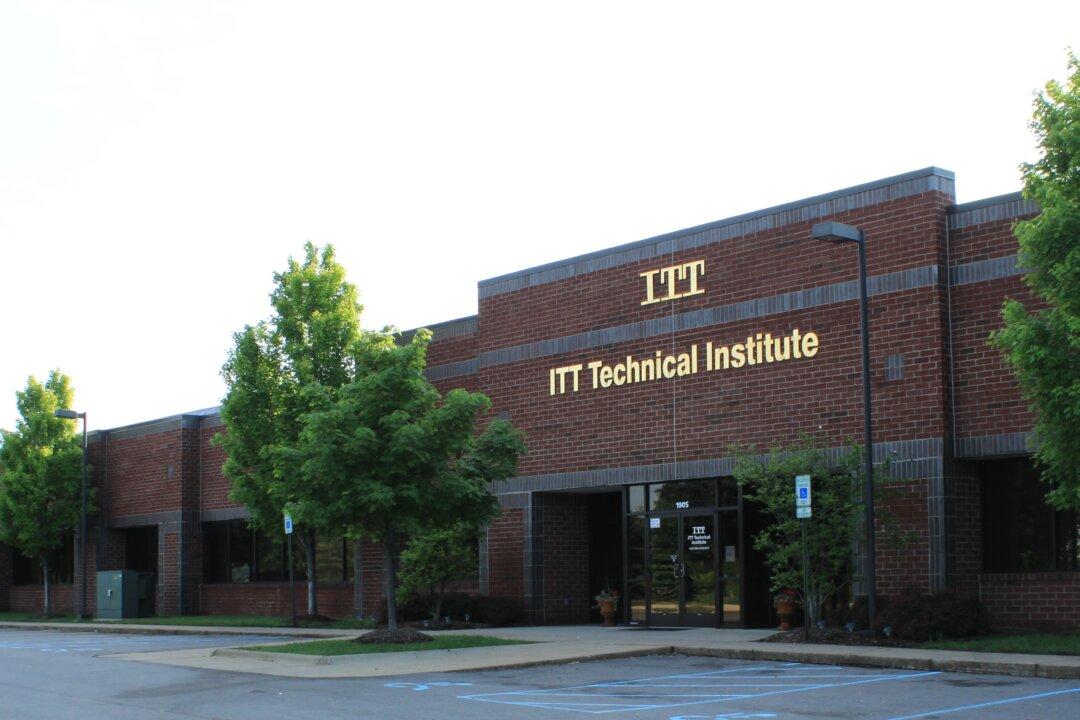ITT Technical Institute, a for-profit college with campuses across the United States, has been accused of pushing students into high-risk loans and now faces another blow from the government.
The U.S. Department of Education imposed new strict rules, banning ITT from enrolling new students with federal loans on Aug. 25. As a result, the college chain announced it stopped enrolling new students on its website on Aug. 29.
The Department of Education announced they had to take a strong measure against ITT to protect students and taxpayers.
“Millions of dollars in taxpayer money and tens of thousands of students are in jeopardy,” said Undersecretary Ted Mitchell on a press call on Aug. 25.
In order to increase financial protection, the department also asked ITT to pay $153 million in additional guarantees within 30 days. The guarantee will be used to cover student refunds should the schools close down.
According to the most recent quarterly filing, ITT has only $78 million in cash left. However, the department’s demand is almost double that amount. It is still not clear how ITT can meet this demand until the end of September.
Game Over?
ITT is owned by a publicly traded company, ITT Educational Services Inc. (NYSE: ESI). It offers technology-oriented undergraduate and graduate degree programs in more than 130 campuses in 38 states. The college chain had nearly 45,000 students in 2015.





